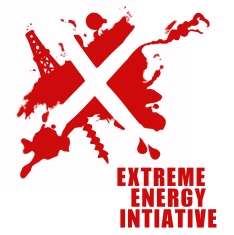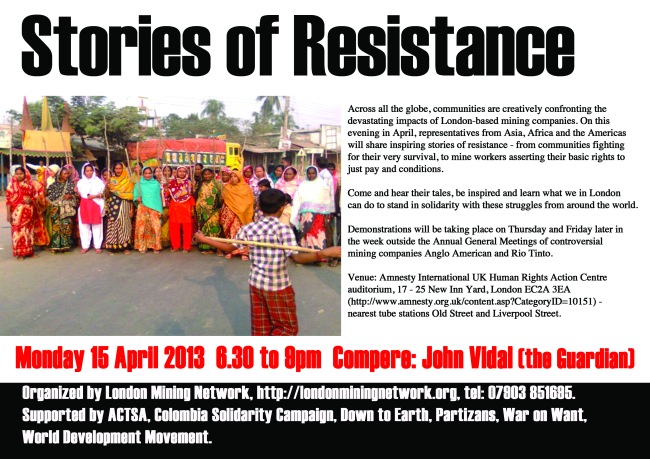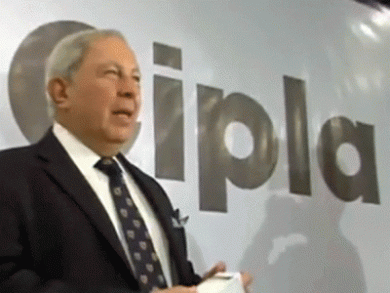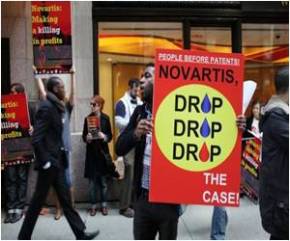The past year has been an extraordinarily busy one for the Human Rights Consortium. We have launched and developed new research projects; continued to hold events and workshops; published academic volumes on human rights topics; built a new website for the Extreme Energy Initiative; and applied for funding for a teaching program for our Ecocide Project.
Former and current MA and PhD students at the Institute of Commonwealth Studies will know that the core teaching team – Drs David Cantor, Corinne Lennox and Damien Short – are dedicated to their specific research interests.
Last summer, I was hired (fresh off the MA course) to be the Human Rights Project Officer for the Consortium’s new projects. As well as starting the Journal of Human Rights in the Commonwealth – first issue coming soon in May! – I was tasked with building a research and communications website for the Extreme Energy Initiative (EEI). You can see our new website here: www.extremeenergy.org.
The Extreme Energy Initiative was set up by the new Director of the Human Rights Consortium (and lecturer of the MA’s Understanding Human Rights module), Dr Damien Short. Damien is a genocide scholar and a dedicated environmentalist.
The Extreme Energy Initiative is a unique academic forum that concentrates specifically on the effects of unconventional fossil fuel extraction on society and the environment. By ‘unconventional fossil fuel extraction’ we mean tar sands open-cast mining (pictured here in Alberta, Canada), shale gas extracted by hydraulic fracturing or ‘fracking’, coal seam gas extraction (popular in Australia), mountaintop removal and deepwater drilling (the type which turned disastrous for the Gulf of Mexico in 2010). Biofuel farming also fits into the ‘extreme’ category as it belies our desperation for fuel – even at the expense of land to grow food. Many indigenous peoples, for example, have lost out due to ‘land grabbing’ from biofuel companies, and this trend is only set to get worse.
Extreme energy is a complex concept, well summarised by one of our collaborators:
Extreme Energy is the process whereby energy extraction methods grow more intense over time, as easier to extract resources are depleted. The process is driven by unsustainable energy consumption and is important because extraction effort is strongly correlated with damage to both society and the environment.
The initiative focuses particularly on this ‘damage to society’ – which human rights students will understand as violations of universal human rights. It looks at the role of extreme energy production in driving violations of rights to land, water, food, health, life, indigenous peoples’ rights and freedom of assembly and expression.
The best part of working on the Extreme Energy Initiative is that it is clearly a timely project! Even in the first months of 2013 the relevance of the EEI to current trends in energy policy has been clear.
In the UK, ‘fracking’ is now being given the go-ahead within George Osborne’s budget, with the usual glut of subsidies and tax breaks (which arguably we can ill afford to provide to such destructive corporations). Those of us researching the impacts of extreme energy can see this is not a prudent move for a number of reasons:
- Ill health and cancer clusters in Pennsylvania, USA, which due to its position on the Marcellus Shale has been fracked heavily for five years (scientists are now investigating any links between the trends)
- Drinking water on private residential land has been contaminated in Alberta, Canada
- There are severe water shortages in parts of the US and in Australia due to high volume water usage by fracking companies
- First Nations peoples living amongst the tar sands open cast mines in Canada face cultural and physical destruction as the land is decimated for oil.
Luckily, communities and individuals are fighting back against corporations that believe they can use gagging orders and corporate secrecy acts to withhold the names of chemicals they are pumping into the water table, for example; or indeed against governments who grant drilling licences now and ask questions later.
We would like to think that in creating this research and communications hub on the impacts of these processes on human rights specifically, that we are contributing to a growing movement where people from all over the world declare ‘enough is enough!’ to unconventional fossil fuel extraction which violates the human right to a healthy environment.
Helle Abelvik-Lawson






